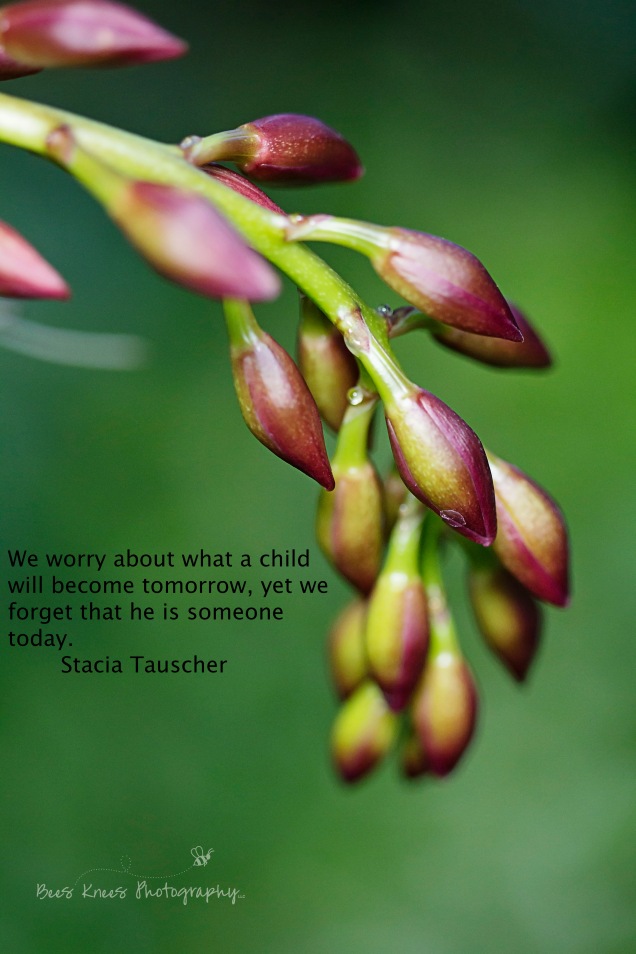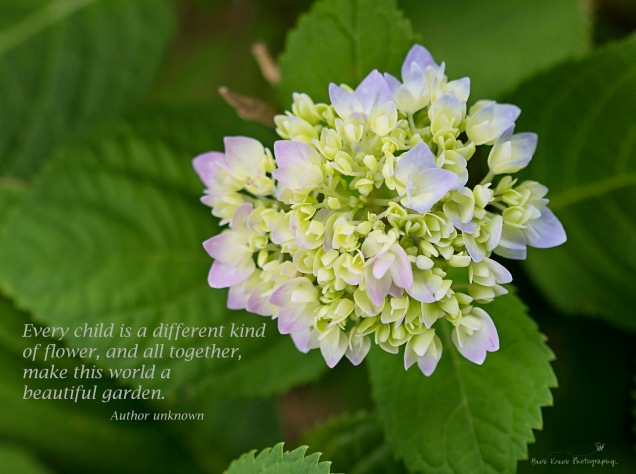October also shines a light with bringing awareness to Dyslexia. We wanted to share resources for yourself, for your family, and for your child’s school. Awareness creates understanding which then empowers those around us to be able to see the struggles our children experience. We are then better equipped to help and teach them in a way they can be successful.
One terrific resource is the International Dyslexia Association:
https://dyslexiaida.org/dyslexia-basics/
Read here to find out common signs and symptoms of Dyslexia starting from preschool-high school:
Click here to experience how a child is dealing with a learning or attention difficulty:
Of course, we feel that all children benefit from being taught as if they have Dyslexia. If you’re interested in hearing more about Orton-Gillingham or a multi-sensory approach to teaching reading, please contact us at confidentolustions7@gmail.com. Read below for an interesting article on how all children benefit:
Some research on how a Dyslexic brain works:
http://www.bu.edu/research/articles/dyslexic-brain/
20 Things parents of children with Dyslexia would understand:
http://www.lifehack.org/285680/20-things-only-parents-children-with-dyslexia-would-understand
Dyslexia in the general education classroom:
Different types of Dyslexia:
https://www.understood.org/en/learning-attention-issues/child-learning-disabilities/dyslexia/different-types-of-dyslexia?utm_source=pinterest&utm_medium=social&utm_campaign=understoodorg
Dyslexia and the law. Can my child receive an IEP, 504 plan, or accommodations? (Hint: Dyslexia is considered a learning disability, which is recognized in schools) :
http://www.reallygoodstuff.com/community/dyslexia-and-special-education-law/
http://www.wrightslaw.com/nltr/13/nl.1015.htm
An excellent book on Dyslexia:
http://dyslexia.yale.edu/book_Overcoming.html
https://www.amazon.com/Overcoming-Dyslexia-Complete-Science-Based-Problems/dp/0679781595/ref=sr_1_1?ie=UTF8&qid=1498261380&sr=8-1&keywords=overcoming+dyslexia+by+sally+shaywitz
Frequently asked questions:
https://dyslexiaida.org/frequently-asked-questions-2/
From Learning Disabilitlies Association of America:
https://ldaamerica.org/types-of-learning-disabilities/dyslexia/
Question and answer session on the benefits of having Dyslexia:
https://www.wired.com/2011/09/dyslexic-advantage/
Christina tutors students of all ages with Dyslexia and learning disabilities using Orton-Gillingham. If interested in more details, please reach out to us at confidentsolutions7@gmail.com.
With Appreciation,
Christina and Wendy





